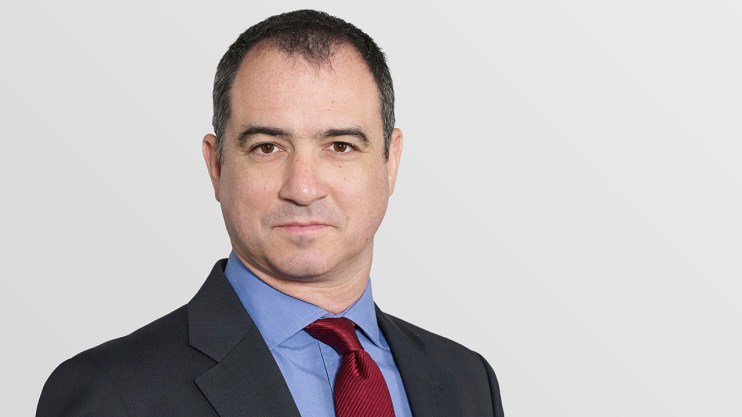Woodford protege Mark Barnett reassures investors after fund rating downgrades

Invesco’s top fund manager in the UK Mark Barnett has apologised to investors after a fund rating agency raised concerns over the performance and liquidity of his investments.
Barnett, who previously worked under Neil Woodford before he left to start is own business six years ago, has defended the performance of his funds after consultants Morningstar flagged similar concerns to those that hit Woodford recently.
Read more: Woodford protege Mark Barnett hit by Morningstar downgrades
Barnett was stung by the downgrade of his £6.1bn High Income and £2.7bn Income funds this week, previously managed by Woodford, as Morningstar cited concerns over the funds’ exposure to smaller and mid-cap companies, as well as “an increasing number of stock-selection issues”.
In a letter to investors, Barnett said: “I, and Invesco, fundamentally disagree with these assessments.
“The funds are appropriately positioned, well diversified and my team is adequately resourced.”
He said he had cut exposure to unlisted companies, which caused problems for Woodford, as they cannot be sold easily to other investors and denied similarities to his predecessor’s approach.
“Under my stewardship, the funds have chartered a very different course and it cannot be overstated that the portfolios I manage are very different.”
Barnett also said his enthusiasm for investing in UK-focused stocks where progress has been hampered by Brexit uncertainty would “prove correct in time”.
Over the past year, the Invesco High Income fund is down 3.2 per cent, while Invesco Income has fallen by 1.4 per cent.
Many of Barnett’s key holdings overlap with Woodford’s investments in the now-defunct Equity Income Fund, which was frozen in June.
Read more: Investment bank in talks for £500m Neil Woodford healthcare portfolio
Woodford was sacked as the portfolio manager of that fund in October and also served notice as manager of his two other main investment vehicles.
He was then forced to make the “highly painful” decision of closing his Oxford-based investment house.